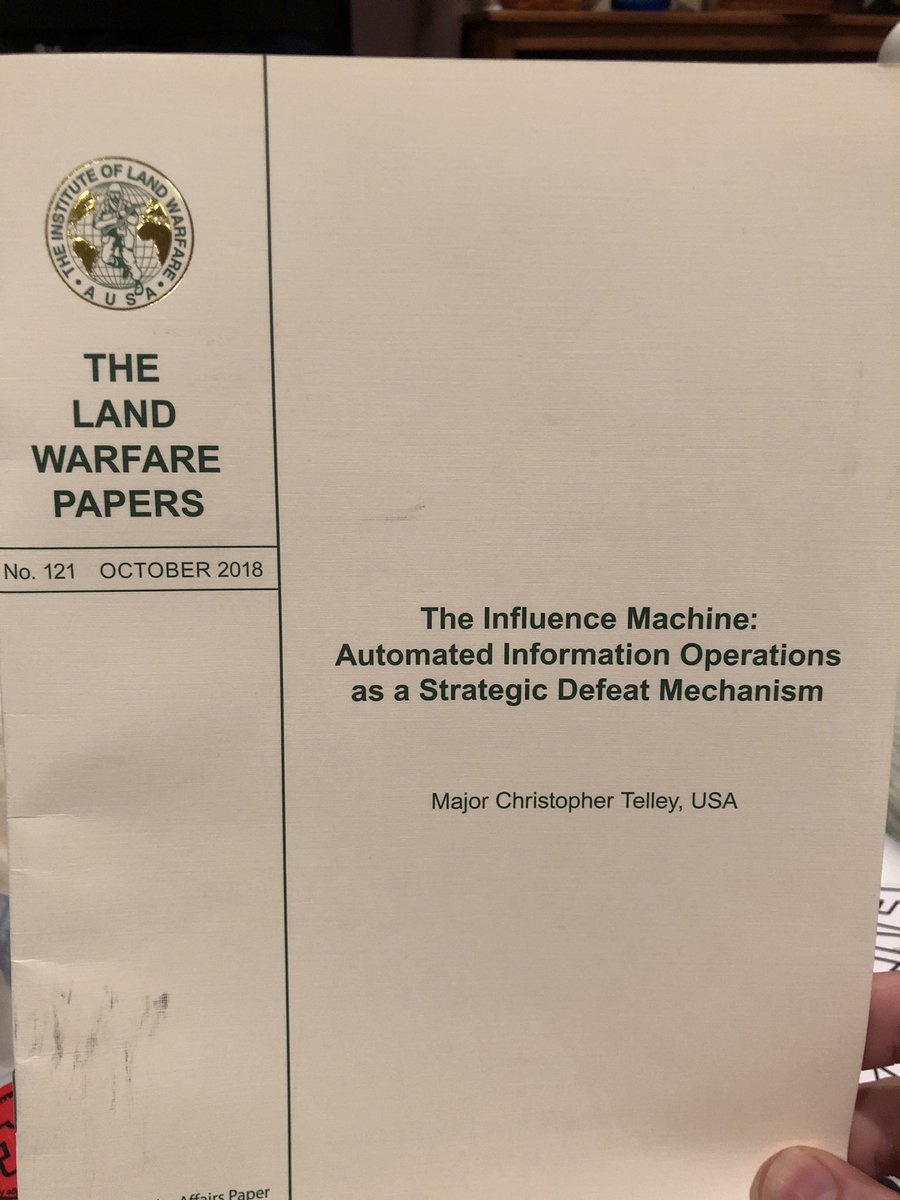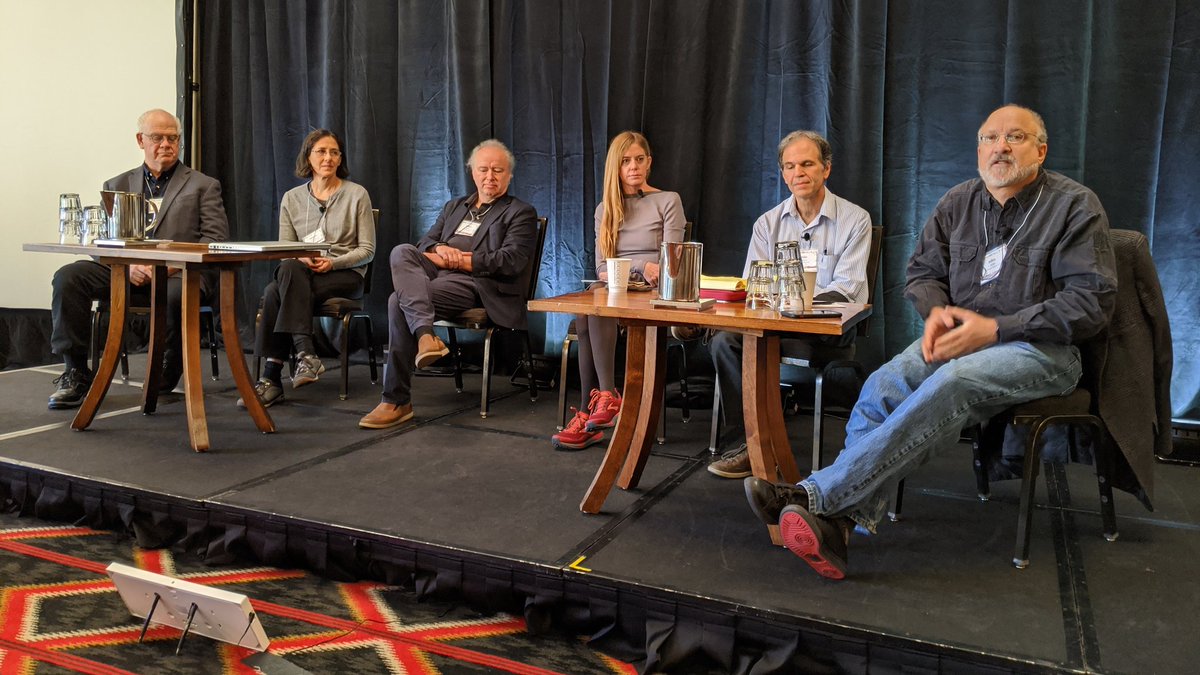Eventually, all that will be left is the Gay Science.
The noble cannot comprehend why the common do not share their passions.
Both think humans are nuts
- the Trump effect re: activism
- chaos needed for growth
All this must be explored for a full treatment of history and morals
These unconscious virtues govern much of our behavior that’s mysterious
"The poison of which weaker natures perish strenghtens the strong"
This conspiracy is free-thinking, a rejection of the faith and a symptom of enlightenment. Conspiracy is given a bad reputation by the faithful.
Private morality takes precedence to public.
To do this he sheds baggage and so externally looks like a man of renunciation. He is fine with this because concealing his motive and desire serves his flight by avoiding hangers on.
Tiberius was evil and cruel but was authentic. Who was better? More human?
1. Science would bring understanding of God (Newton)
2. Knowledge has absolute utility wrt to morality and happiness (Voltaire)
3. Science is objective and man's evil holds no sway over it (Spinoza)
Work with pleasure is essential and cannot be substituted for by work for money only.
Modern peope do not know real, deep soul and body pain and therfore are senstive to any discomfort and "painful thoughts."
To alleviate "misery" --> misery
Great thinkers are not cheerful, common folks are.
Reality is subjective and simply "appearance" but there is nothing under the appearance
You must keep dreaming, and those among us that understand the dream keep it going for the unknowing herd to keep dreaming blindly.
Not mere sacrifice, people sacrifice for dumb shit.
Not mere passion, there are dumb passions.
Not mere selflessness, noble men are selfish and powerful as a result.
In reality, humans are humans and woman share much of the spiritual strife that men do.





















